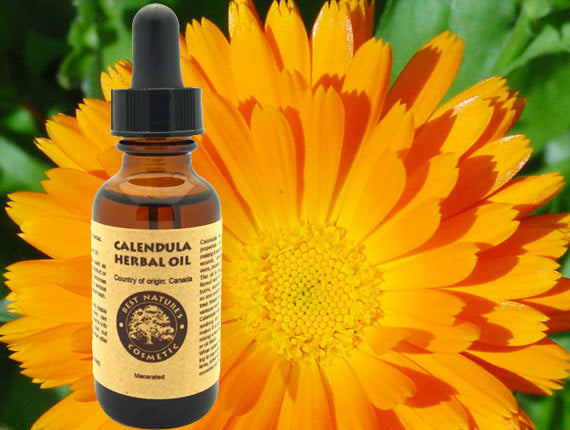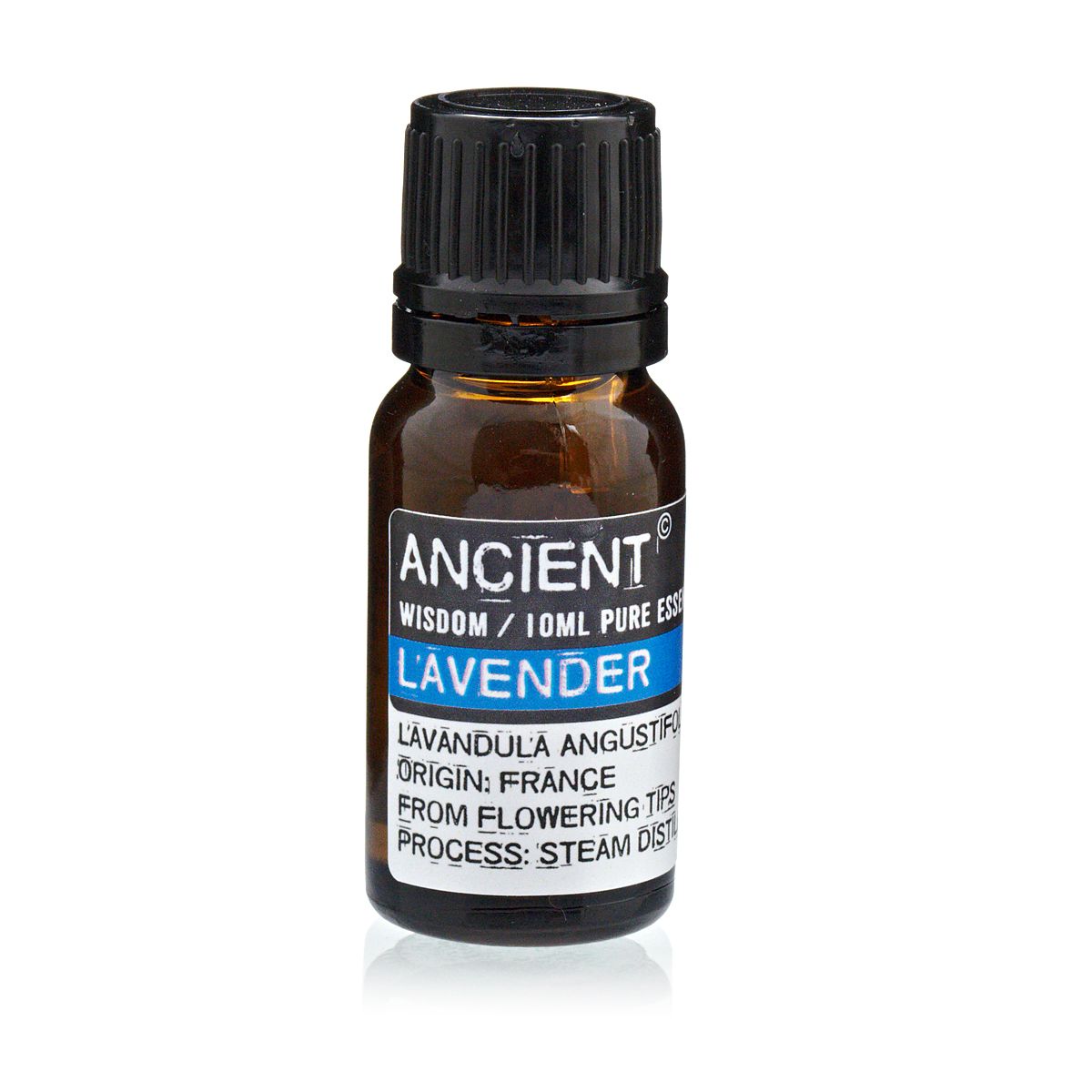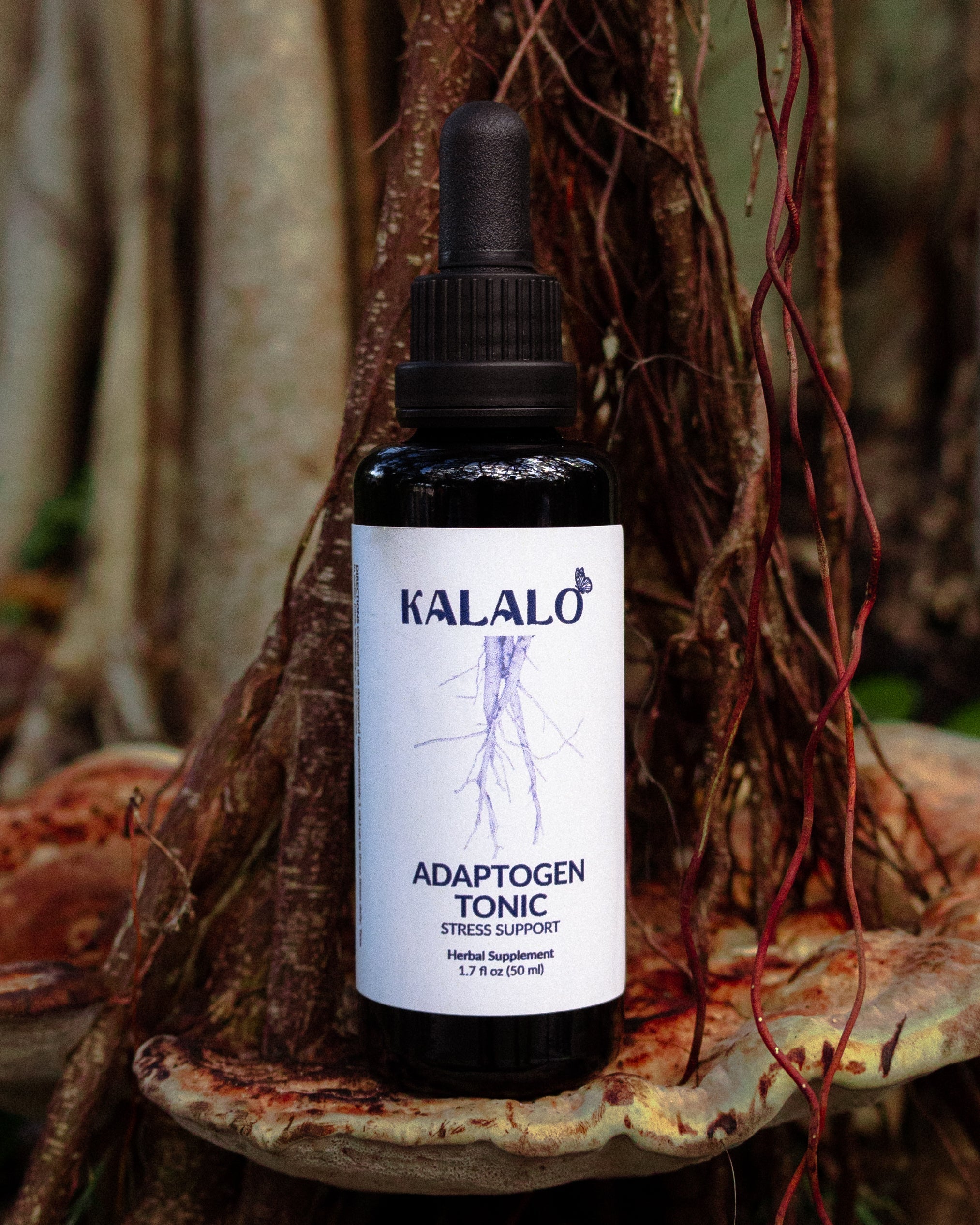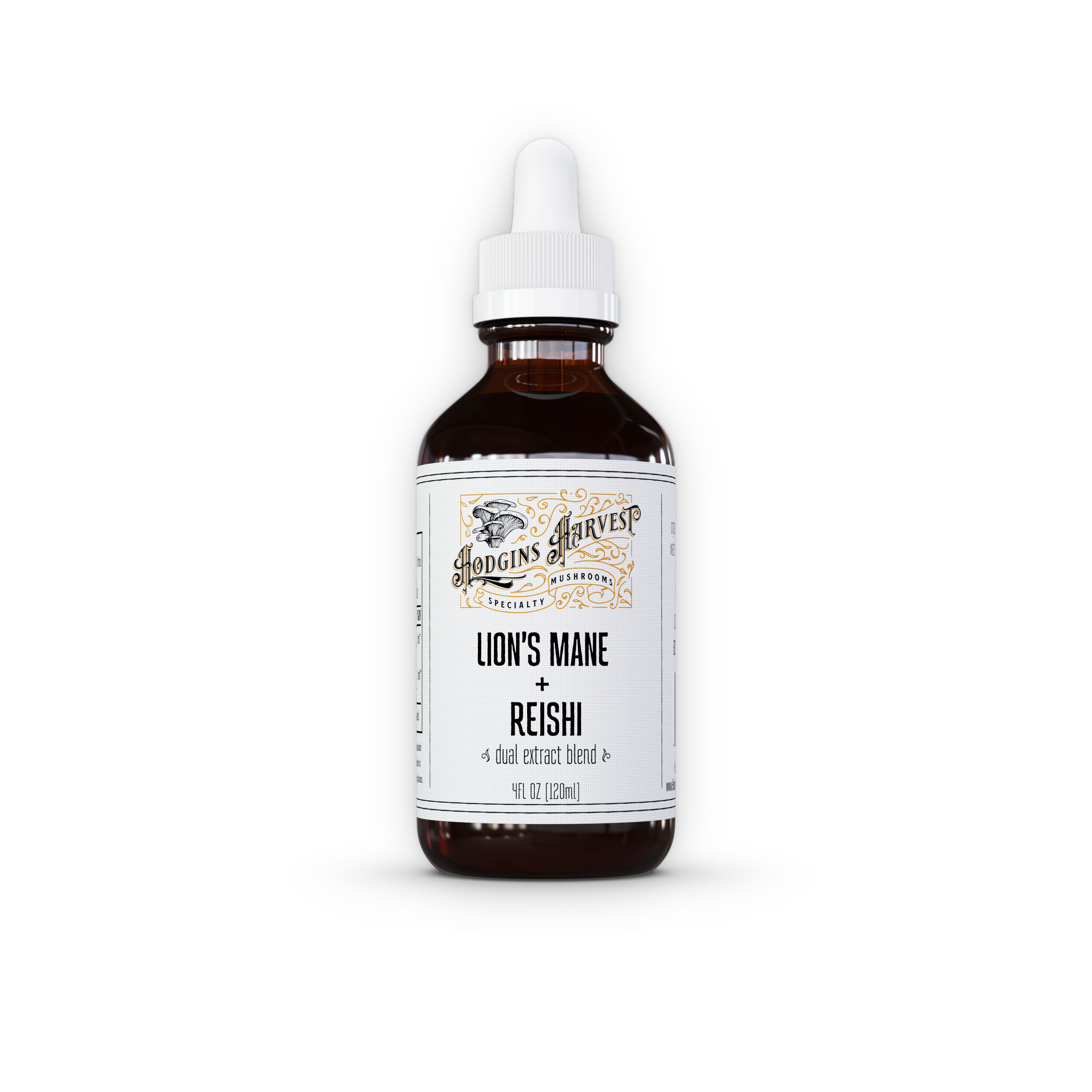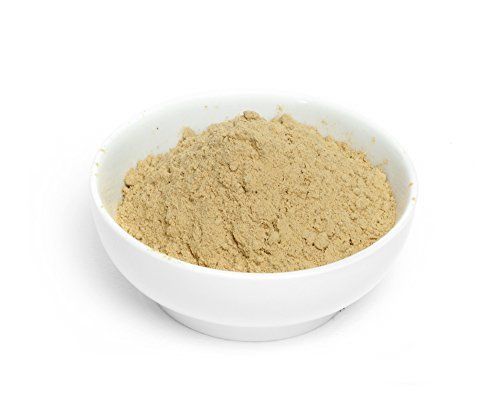
Skin conditions like psoriasis and eczema are chronic, often relapsing, inflammatory skin disorders that affect millions worldwide. While they share some symptoms, they are distinct conditions with different causes and treatments. This guide explores what these conditions are, their similarities and differences, and how natural skincare products and supplements can support relief and healing.
What is Psoriasis?
Definition:
Psoriasis is an autoimmune disorder characterized by the rapid growth of skin cells, leading to thick, scaly, and often inflamed patches called plaques. The immune system mistakenly attacks healthy skin tissue, causing inflammation.
Common Symptoms:
- Well-defined, silvery-white or red patches, often on elbows, knees, scalp, or lower back
- Itching, burning, or soreness
- Possible nail changes (pitting, separation)
- Sometimes, joint pain in psoriatic arthritis
Research & Causes:
- Genetic predisposition combined with immune dysfunction
- Triggered by stress, infections, injury, or certain medications
- Treatments include topical steroids, phototherapy, and systemic medications, but natural support is increasingly valued
What is Eczema (Atopic Dermatitis)?
Definition:
Eczema is an inflammatory skin condition characterized by dry, itchy, red, and cracked skin. It is a result of immune dysregulation, skin barrier dysfunction, or environmental triggers.
Common Symptoms:
- Itchy, inflamed skin that can ooze or crust
- Dry, rough patches, often on hands, face, neck, and creases of elbows/knees
- Flare-ups triggered by irritants, allergens, or stress
- Frequent occurrence in children but also common in adults
Research & Causes:
- Multifactorial: genetic, immune, environmental, and skin barrier factors
- Associated with allergies and asthma (atopic conditions)
- Management includes moisturizers, corticosteroids, and avoiding triggers
Similarities and Differences
| Aspect | Psoriasis | Eczema |
|---|---|---|
| Nature | Autoimmune, rapid skin cell turnover | Immune dysregulation, skin barrier defect |
| Appearance | Thick, silvery plaques, well demarcated | Dry, itchy, inflamed, often oozing |
| Location | Elbows, knees, scalp, lower back | Hands, face, neck, creases |
| Itching | Moderate to severe, but less than eczema | Intense, persistent |
| Triggers | Infections, stress, injury, medications | Allergens, irritants, stress |
| Treatment | Topical/systemic; natural support increasingly used | Emollients, steroids, trigger avoidance |
Natural Skincare Products to Relieve Symptoms
Using gentle, herb-infused, and mineral-rich products can help reduce inflammation, hydrate, and soothe reactive skin:
Soaps & Cleansers
- Herb-Infused Soaps: Calendula, chamomile, or neem soaps soothe irritated skin and reduce inflammation. Use mild, fragrance-free cleansers.
- Clays: Bentonite and kaolin clay masks help absorb excess oil, toxins, and soothe inflamed areas. They support detoxification and reduce redness.
Topical Oils & Creams
-
Calendula Oil:
Research shows calendula has anti-inflammatory, wound-healing, and antimicrobial properties (Phytotherapy Research, 2008). It promotes skin regeneration, reduces redness, and calms eczema and psoriasis patches. - Coconut Oil: Contains antimicrobial fatty acids and deep hydration, creating a protective barrier. It’s suitable for eczema-prone skin.
- Shea Butter: Rich in fatty acids and antioxidants, it deeply moisturizes and reduces irritation.
- Aloe Vera: Active compounds support healing, reduce redness, and soothe itching.
Herbal & Botanical Remedies
- Chamomile: Its apigenin compounds help reduce inflammation and soothe itchy skin.
- Tea Tree Oil: Has antimicrobial and anti-inflammatory properties, but should be diluted to avoid skin irritation.
How Does Calendula Oil Help?
Clinical Research:
Calendula officinalis extracts have demonstrated wound-healing, anti-inflammatory, and antimicrobial properties (Journal of Ethnopharmacology, 2008). It promotes rapid skin regeneration, reduces redness and swelling, and has calming effects on irritated skin. Topical calendula can be effective in managing eczema flare-ups and psoriasis patches by soothing inflamed skin and supporting healing.
Supplements Supporting Skin Health and Immune Function
1. Omega-3 Fatty Acids:
- Reduce systemic inflammation, which contributes to the inflammatory processes underlying psoriasis and eczema.
- Research: A review in Journal of Clinical Immunology (2018) indicated omega-3s help decrease skin lesion severity and reduce flare frequency.
2. Vitamin D:
- Supports skin barrier function and modulates immune responses that are dysregulated in psoriasis and eczema.
- Research: Studies show topical or oral vitamin D analogs can improve psoriasis plaques (British Journal of Dermatology, 2006).
3. Probiotics:
- Help balance gut microbiota, which has been linked to immune regulation and skin health.
- Research: Clinical trials suggest probiotic supplementation can reduce eczema severity (*Pediatric Allergy and Immunology**, 2016).
4. Antioxidants (Vitamin C, E, Selenium):
- Support skin healing, reduce oxidative stress, and strengthen immune defenses.
- Research: A study in Photodermatology, Photoimmunology & Photomedicine (2015) found antioxidants help mitigate skin inflammation.
Lifestyle Tips to Complement Natural Support
- Gentle Cleansing: Use mild, fragrance-free cleansers to avoid irritants.
- Moisturization: Keep skin hydrated using emollients like shea butter, aloe vera, or calendula cream.
- Avoid Triggers: Identify and avoid allergens, irritants, stress, and harsh chemicals.
- Sun Protection: Use gentle sunscreens, especially for psoriasis, which can worsen with sun exposure.
- Stress Management: Practices like yoga and meditation can reduce flare-ups linked to stress.
Final Thoughts
While psoriasis and eczema are chronic conditions, adopting a holistic approach combining natural skincare, dietary supplements, and lifestyle modifications can significantly reduce symptoms and improve quality of life. Calendula oil’s anti-inflammatory and healing properties make it a valuable addition to natural skin care routines. Supporting your immune system with omega-3s, vitamin D, probiotics, and antioxidants can help control inflammation and promote skin recovery.
Always consult a healthcare or dermatology professional before starting new treatments or supplements, especially if you have severe or persistent skin issues.
Empower your skin naturally — nurture it with gentle remedies, nourishing supplements, and stress-reducing practices for healthier, calmer skin.


